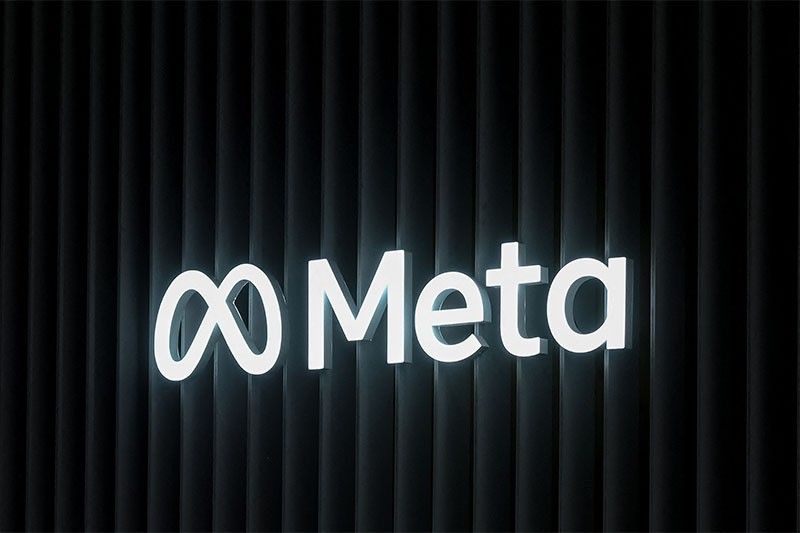Facebook and Instagram users in Canada should anticipate some gaps in their feeds starting right away.
This week, Meta started restricting Canadians’ access to news publisher links and articles in reaction to a measure that would make the internet giant pay publications for the ability to distribute and make money from their content.
“As we’ve always said, the law is based on a fundamentally flawed premise,” Meta policy communications director Andy Stone wrote on Twitter. “And, regrettably, the only way we can reasonably comply is to end news availability in Canada.”
A regulation requiring tech firms to deal with publishers to achieve “fair revenue sharing” over their content was passed by the Canadian Parliament in June. The law, like its Australian counterpart, permits compelled arbitration as a “last resort” if those agreements aren’t willingly entered into. This outcome isn’t going to be favorable for the tech side of things.
As of Tuesday, Meta has “begun the process of ending news availability in Canada.” As the new policy is implemented over the next few weeks, all Facebook and Instagram users in Canada will eventually notice the restrictions on news. Publishers themselves as well as individuals who share news and links will be subject to the adjustments.
Also, see: Nigeria’s Remedial Health Gets QED Backing in $12M Round
With its own news blackout in search results due to the law, Google intends to follow suit.
The goal of the Act was to support a news sector that was in decline as changes in advertising trends disproportionately favored online platforms at the expense of the competition. Tech platforms have profited on publishers’ original material for more than ten years without having to pay for it, all the while the news industry is in peril as it enters a depressing death spiral.
Tech giants have shown little concern for the dying industry, eager to profit as middlemen. Meta has more recently stopped participating in the conversation entirely after a number of tests and moves toward sponsoring the news in an effort to thwart international regulations like the new Canadian law. As the company does not keep a public register of that information, Columbia’s Tow Center for Digital Journalism totaled up what is known about where Meta’s prior financial gifts to the news industry have gone.
With the firm taking a very antagonistic position in Canada and allegedly moving away from news content in its Twitter clone, Threads, the period of Meta lip-service to publishers may be coming to an end. A similar conflict occurred in Australia in 2021 when Meta cut off news content there in protest of the News Media Bargaining Code, which similarly compels internet platforms to negotiate publisher remuneration. With $140 million in extra cash flowing each year after two years, Australia’s own confrontation with businesses like Meta and Google seems to have been a boost for local journalism.
In its turnaround, Meta has resorted to the ludicrous assertion that it doesn’t profit from publishers’ content, which is absurd given how much news and political content has fueled Facebook engagement.
Also, see: A new study found that Facebook’s Pages and Groups shape its ideological echo chambers
“We believe that news has a real social value. The problem is that it doesn’t have much of an economic value to Meta,” Rachel Curran, head of public policy for Meta Canada, claimed earlier this year.
There are many valid arguments made by opponents of this legislation. One of the problems with these pieces of legislation is that the news industry currently relies too heavily on social media to attract traffic and promote stories. Instead of strengthening current ties to ephemeral digital giants, the future of sustainable journalism is likely to depend entirely on fresh ideas. Other detractors have emphasized how these compelled negotiating frameworks can unfairly favor huge media conglomerates at the expense of small and independent publishers.
The regulations are contentious, and social media users may encounter some embarrassing situations as a result, but in the end, the existing system disproportionately advantages internet companies, who also happen to be the ones bragging about being mistreated this time. Similar to the Australian legislation, how things turn out in Canada will serve as a barometer for future legislation requiring social media sites to pay for their material, such as a California proposal that is on hold until 2024.




















